The Surin Elephant Round-up celebrates the significance of elephants in Thai culture, particularly in Surin province. Held annually in November, this spectacular event draws visitors to Asia’s largest elephant village. Attendees are treated to a variety of attractions, including the delightful Elephant Breakfast, a colorful parade, and an entertaining football match featuring these magnificent creatures. With over 200 elephants participating, the Round-up showcases the deep bond between humans and elephants, along with traditional Thai culture. Spectators can witness the impressive skills and intelligence of these gentle giants, making it a truly unforgettable experience.
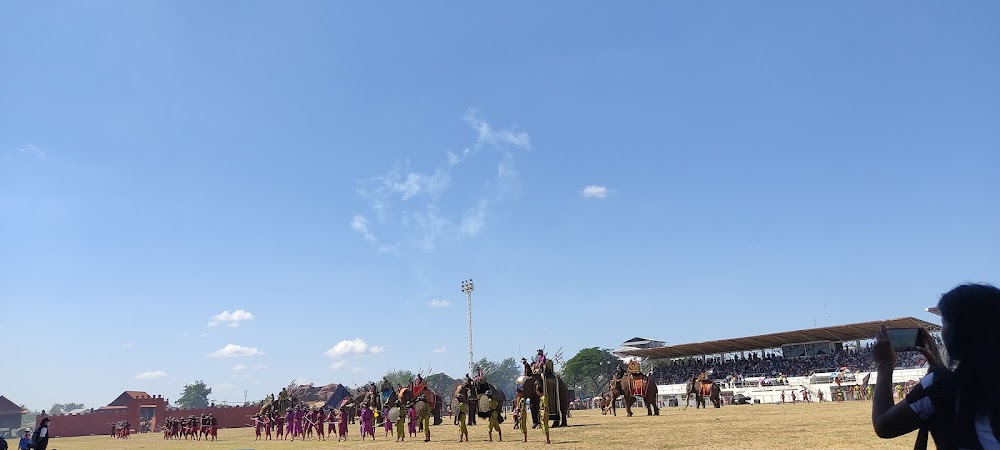
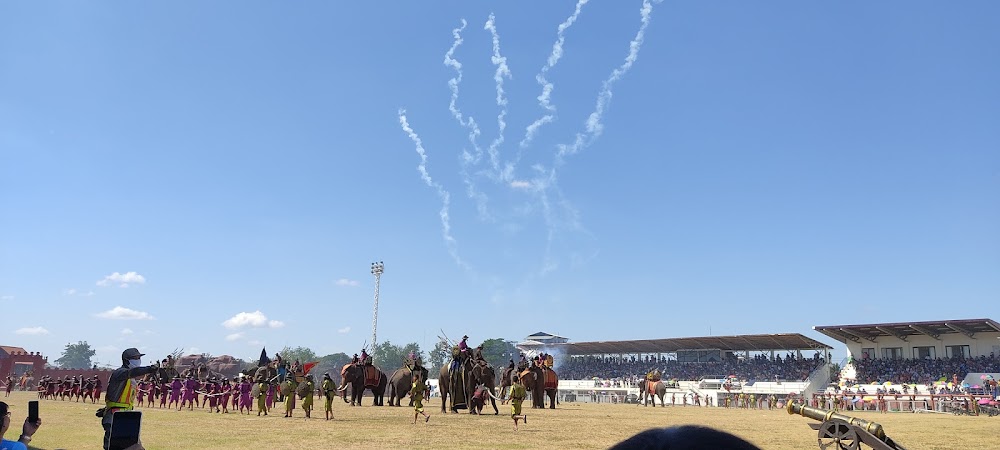


The Surin Elephant Round-up is a captivating spectacle held annually in November in Surin province, a region renowned for its profound connection with elephants. This event, established over 50 years ago, serves as a tribute to the revered status of the elephant in Thai culture. In fact, the white elephant historically represented royalty in Thailand, underscoring the significance of these majestic creatures. The Round-up takes place in Asia’s largest elephant village, where visitors gather to marvel at the sight of over 200 elephants and their mahouts. Attendees enjoy a range of activities designed to highlight the elephants’ strength and intelligence, such as the delightful Elephant Breakfast, where elephants are fed in a communal setting. The event also features a vibrant parade procession, showcasing the cultural heritage of the region, as well as a thrilling football match that showcases the elephants’ playful nature and unique abilities. This annual celebration not only honors the elephant but also strengthens the bond between humans and these gentle giants, making the Surin Elephant Round-up a must-see festival for animal lovers and cultural enthusiasts alike.
งานแสดงช้าง จังหวัดสุรินทร์ (เมืองสุรินทร์, ไทย) - รีวิว - ThailandAgoda.com
Attractions
6 miles

0.00 miles

0.81 miles

0.84 miles
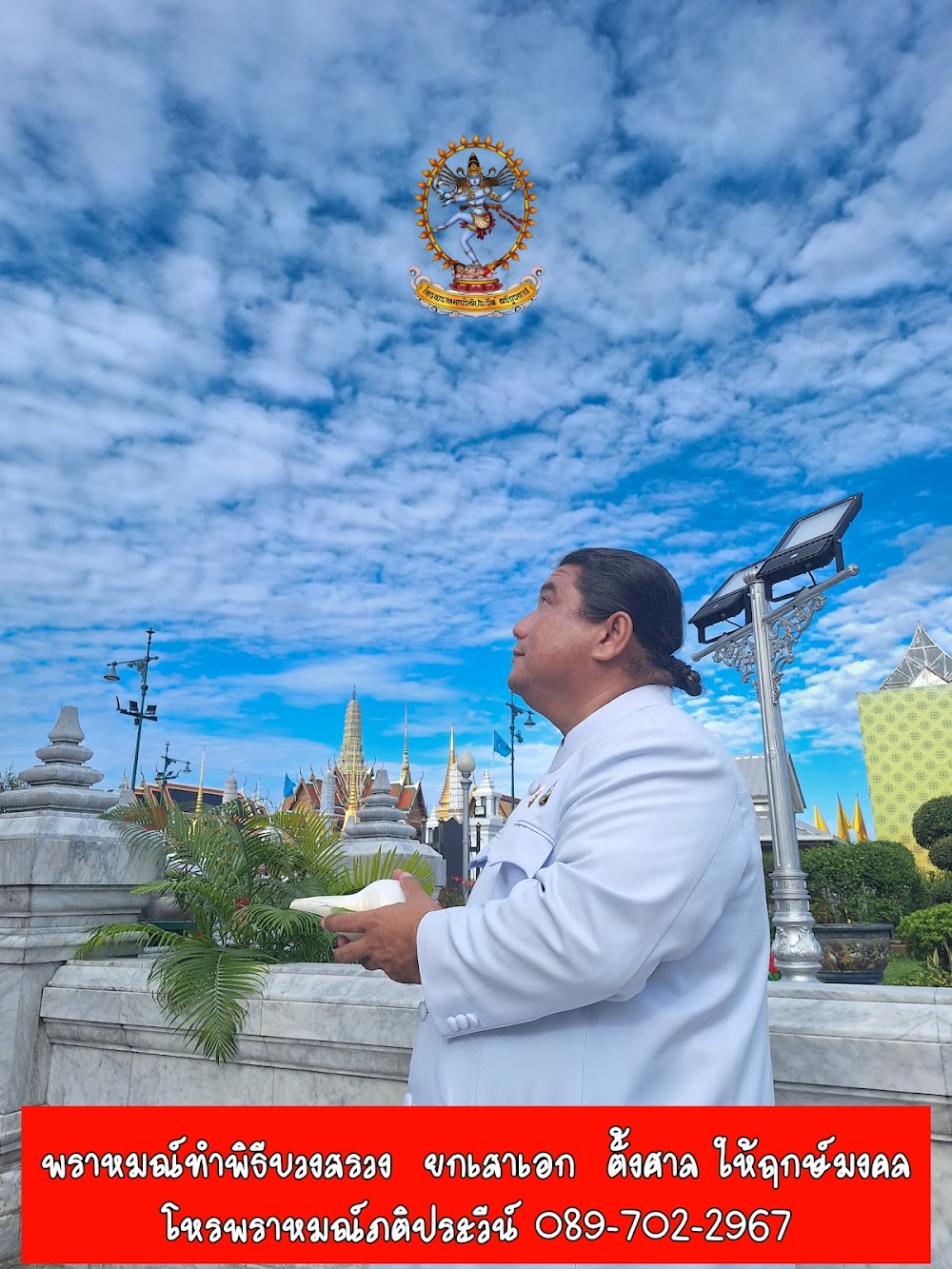
0.91 miles
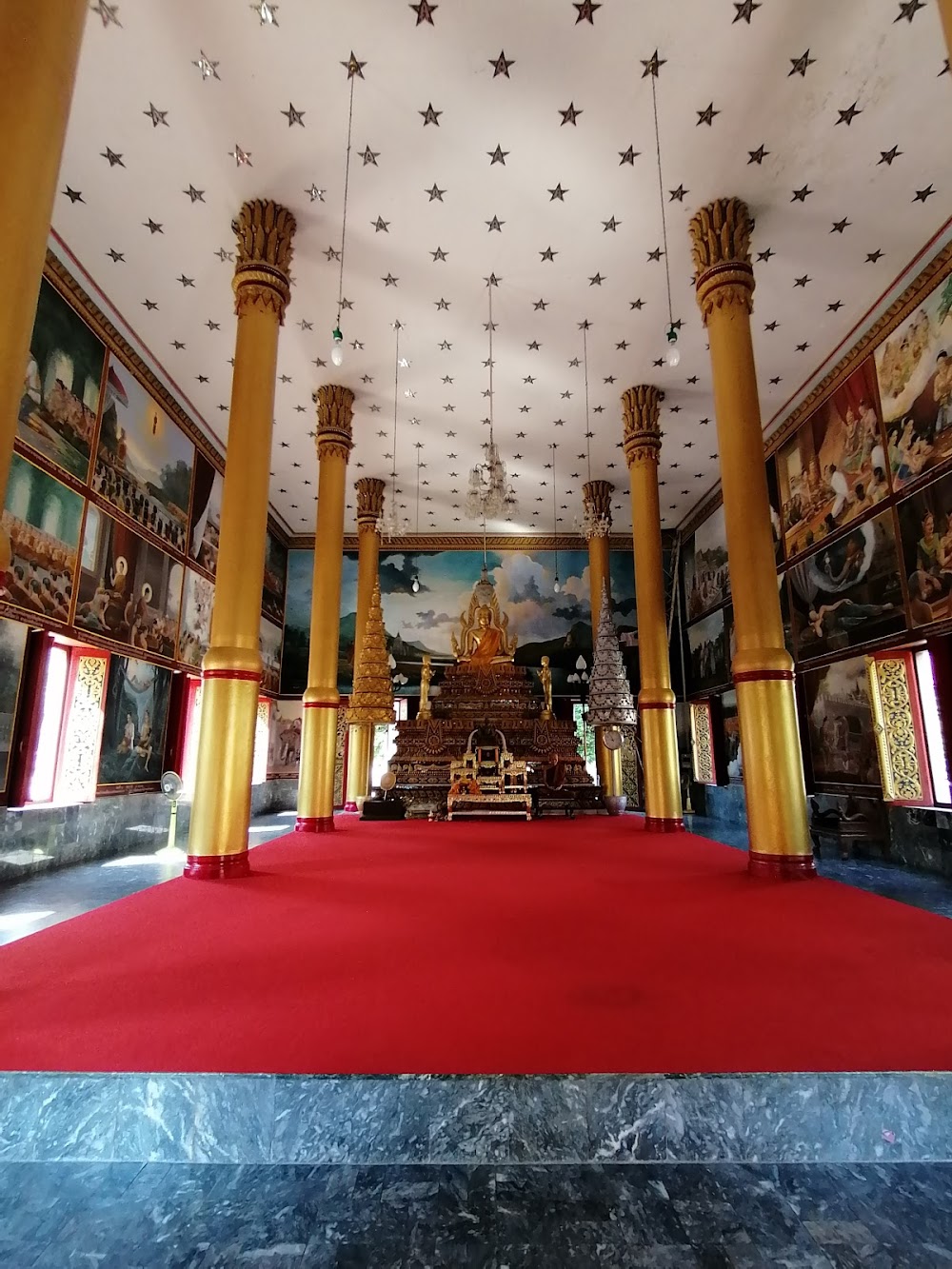
1.18 miles
1.46 miles
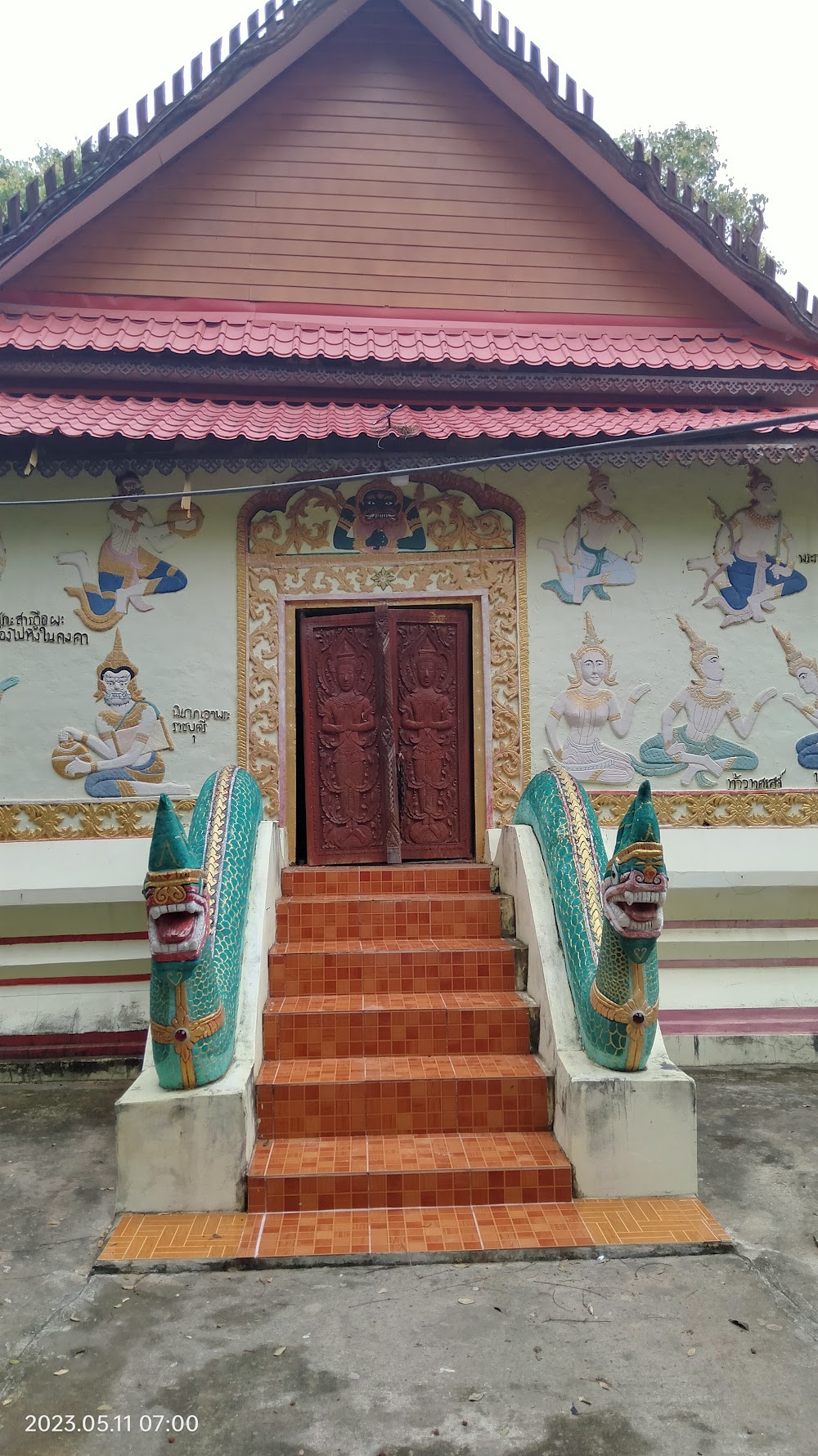
1.94 miles

1.95 miles
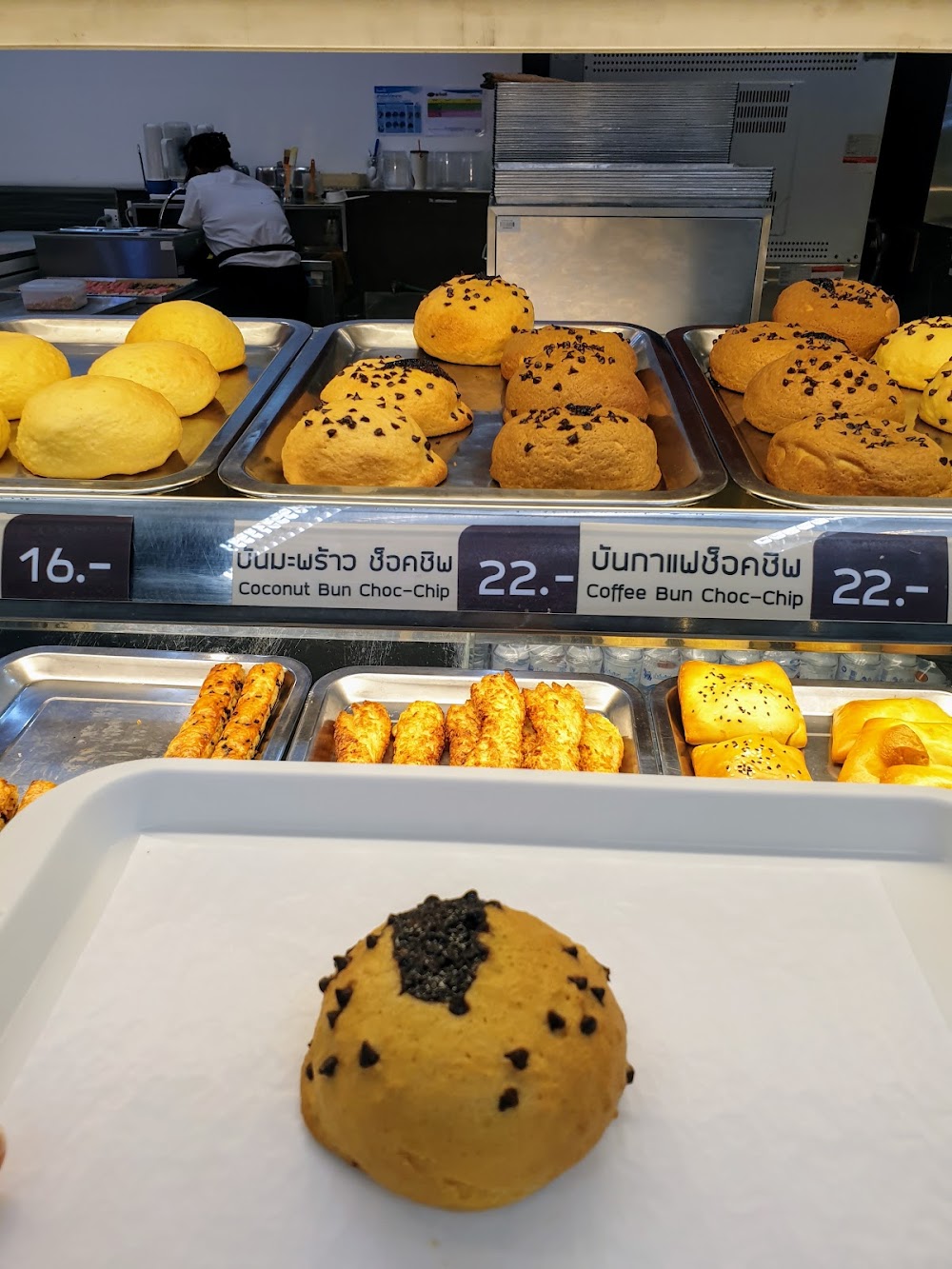
2.38 miles
Surin Elephant Round-up is perched on a picturesque hilltop overlooking Nok Mueang Si Narong Stadium, 32000, Thailand
The Elephant Round-up in Surin, 450 kilometer northeast of Bangkok, is a yearly event. it is normally held the second weekend of November. More than 200 elephants participate in the event. On the Friday morning before the Round-up there is the largest elephant breakfast in the world. Hundreds of market stalls are filled with fruit and sugar cane. The elephant parade start at the train station at 09:00 am. Elephants walk towards the breakfast accompanied by floats. The actual Round-up is on the Saturday and Sunday at a special venue behind the stadium. Historic wars are re-enacted with hundreds of actors.
Get there a day early. The festival is split over a few days. Try and get to where the elephants and the mahouts and their families congregate before entering the arena.
A tour on elephant back is wonderful with authentic experience to discover the sightseeing. There are a lot of nice elephant playing as role model for tourists. We had just enjoyed with them to make a smooth trip ran out for memorable moments.
I was in Surin to volunteer at the surin elephant project where I learned a lot about the elephant tourism industry in Thailand.This football roundup, elephant riding, circus, drawing and other activities should not be promoted on tripadvisor as the animals are not being treated well. Their caretakers use hooks and chains, don’t let the elephants move around naturally which ultimately puts the animals into a state of just rocking back and forth which isn’t normal.Please don’t support these companies and look for alternatives such as sanctuaries and volunteering opportunities to help the elephants
I live in Surin, and have visited the Elephant Festival several times, either for the weekend show at the elephant stadium or the elephant breakfast at the Surin Founder’s Roundabout in the city.It is a spectacular sight to walk among these gentle giants who are so careful to avoid the pedestrians as they lumber silently along the many fruit and buffet tables laid out for their enjoyment. They enter the city early in the morning, chewing long stems of sugar cane as they go, then spend the next few hours helping themselves to all the exotic fruit and vegetables that so obviously delight them.Are they abused by their carers, the mahouts? Not at all. They are treated as members of the mahout’s family instead. Remember that these are enormous animals, often with their huge babies. Relatively few people will have ever touched an elephant’s hide, which is surprisingly rough and very obviously tough. Elephants – unlike cars and trucks – don’t have parking brakes. There would be a huge H&S outcry if they were uncontrolled in the crowded space, and so most of them are accustomed to wearing a chain around one ankle in much the same way that a dog will have a collar and lead when out in public.As for the ankus – the ‘hook’ used by the mahout – it is to control the elephant in a way that’s not dissimilar to a horse’s bridle and reins. While the latter are used in the horse’s mouth to direct it, the ankus is used where the ear joins the head. There is no question of it being used as a weapon to hurt the animal!The elephants live for 48 years on average, and older examples will probably have worked in the forests, hauling logs in the past, Some show signs of old injuries sustained when they worked in those forests, and some do show signs of boredom in their past lives when waiting for tasks. We have the benefits of being entertained by tv and music etc., when we’re not working, but those weren’t available for these animals. Happily, most elephants showing evidence of a bored past have been ‘rescued’ and are now cared for appropriately. Sadly, there are still some places where they are worked for the amusement of humans, but even those are fed, bathed and watered as a part of their ongoing care. There will always be exceptions, and these are often used by well-meaning people to decry the idea of elephants in captivity. These often forget that, at times such as the Covid 19 crisis, when the cost of feeding the elephants requires an enormous budget. They eat up to 375 lbs of vegetarian matter every day, and do so for most of their 18 waking hours. Sourcing this food in the wild is difficult to imagine, and can lead to wild elephants raiding villages for crops, placing themselves and the local people living there at considerable risk.Banning the domestication of elephants would be similar to banning farmed animals in the west. Without being cared for by their mahouts, few would survive, leaving them an endangered species. Similarly, wild elephants are at risk from ivory poachers, which represent an entirely unacceptable alternative to the care received from the mahouts and their families.Through m y open windows right now, I can hear the sounds of the Elephant Fair – a welcome market and entertainment for local people and visitors alike, where market traders bring their assorted silks, silver, basketware etc., which provides them with a very significant part of their annual trading income.The Surin Elephant Festival is an extraordinary event, providing enjoyment for so may people. As for the elephants involved, it is no coincidence that they enjoy the event too – often called ‘bringing the elephants home’ as Surin in Isaan has been their traditional home for so many generations.
They are stabbing elephants in the head with a bull hook to control them. Lots of elephants have blood coming from their head
Where were the elephants? We went to Surin to see the round-up but only saw about 15 ish altogether. We were told there would be 200-300 gathered for the festival. If you want a county fair with food, games, cheap things to buy, carnival rides and music….then go. The Show turned out to be a Thai History Lesson on a big football field where it was hard to even see what was happening. We were very disappointed as was the rest of the crowd around us in the stadium, many left early.
I came to Thailand for the first time. And I heard that elephants are the national animal of Thailand. So I came here to watch the elephant show. It was amazing. All the elephants were good and talented performers. It’s very cute.
Do not go here!! This is a cruel place, elephants with their legs changed and forced to perform. It was not a sanctuary and saddened me immensely.
It is all I hate …the elephant are working with chains and with very silly costumes and it seems that they understand how ridiculous they are …The training had to be certainly very tough …And the mahouts still use their pike !!!The comments on the historical part is only in Thai …nothing in English It is only a commercial show without interest …please avoid to come !!!